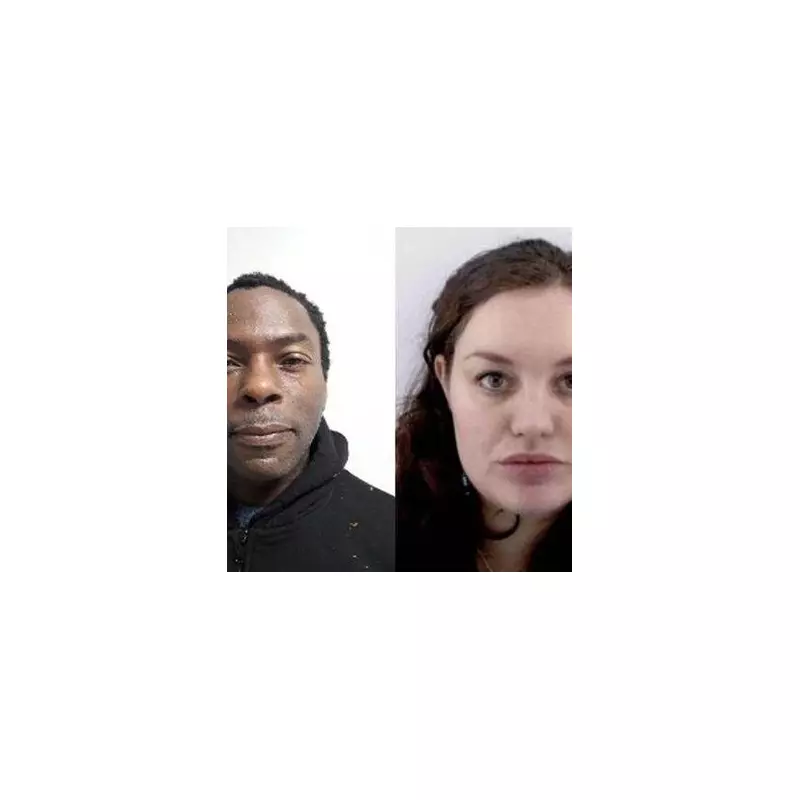
The tragic case of Constance Marten and her partner Mark Gordon took a disturbing new turn as the Manchester Crown Court heard chilling details of Marten's upbringing within an extreme and secretive Christian cult known as the 'Brethren'.
Marten, who is currently on trial alongside Gordon for the manslaughter of their newborn daughter, Victoria, was described as a product of a deeply controlling and isolated environment. The court was told how her childhood was defined by the sect's extreme rules and detachment from the modern world.
A Life of Extreme Control and Secrecy
Joel Smith, prosecuting, painted a picture of a community that operated like a 'cult'. Members were forbidden from engaging with mainstream society, including watching television, using the internet, or interacting with those outside the group. This upbringing, the prosecution argued, profoundly shaped Marten's worldview and her subsequent flight from authorities.
'They effectively seek to isolate themselves from what you and I would call mainstream society,' Mr Smith told the jury. This isolation meant Marten was ill-equipped to handle the realities of life outside the Brethren's insular world, a factor that may have contributed to the couple's disastrous decisions.
The Fatal Flight from Help
The court heard how Marten and Gordon's extreme fear of authorities, partly stemming from her cult background, led them to go on the run after their car caught fire on a motorway in January 2023. Instead of seeking help for their vulnerable newborn, they chose a life of hiding, camping in a tent on the South Downs in the depths of winter.
It was this desperate existence, the prosecution alleges, that directly led to baby Victoria's death from hypothermia. The couple are accused of concealing the pregnancy, failing to register the birth, and preventing her from receiving any medical care.
A Chilling Parallel
The revelation of Marten's past adds a deeply unsettling layer to the ongoing trial. It suggests a life bookended by control and tragedy—first by the religious sect of her childhood, and later by the catastrophic choices that ended her daughter's life. The jury must now decide what role her past played in the unimaginable present.





